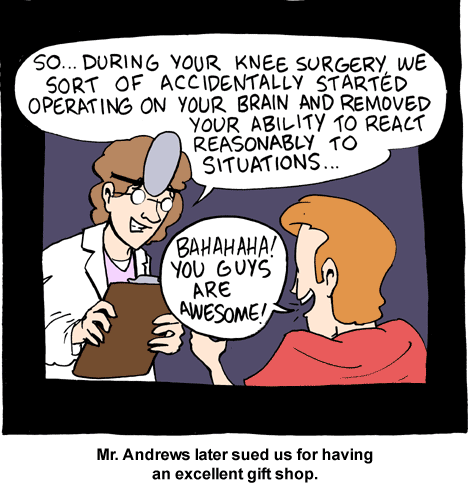That isn't true no matter how you take it.
PGY1/2s are operating. They would have ACGME crawling all over them if they didn't at all. Now, certainly not all programs follow all the rules and skirt others, but the number of, "interns don't operate" programs are vanishingly small. It is all about level appropriate cases. They may not operate a ton, but even at the most malignant programs, they will do something.
And, no residents are performing "their own surgeries". You are always operating under an attending.
I should clarify that I know nothing about DO residencies and am only talking about what I know, which is ACGME.
-----------------------------------
Regarding the premise of performing surgery earlier. Surgery is not 'hard'. There are plenty of operations (procedures as well, but real operations) in every discipline that are technically easy to perform. Yes, those with more experience are going to be faster and better, but with good success rate? There are plenty of cases that can be done by someone with minimal experience. The hard part of surgery is everything else. Who to operate on, who NOT to operate on. When to operate, which operation to perform, etc. If all you get out of your MS3 surgery rotation is how to scrub and suture, your school is shafting you. That is the bare minimum they should be teaching you from a technical standpoint, but the lion's share of the education should be in patient/service management.
There is a large dividing line between what you could do and what you SHOULD do. Should you be doing something that you don't have training in or comfortable with? No. Could you figure out and perform some simple procedures? Yes. In an emergency, sometimes you simply have to figure things out or draw on theory. No different than me as a vascular surgeon delivering a baby on an airplane.

